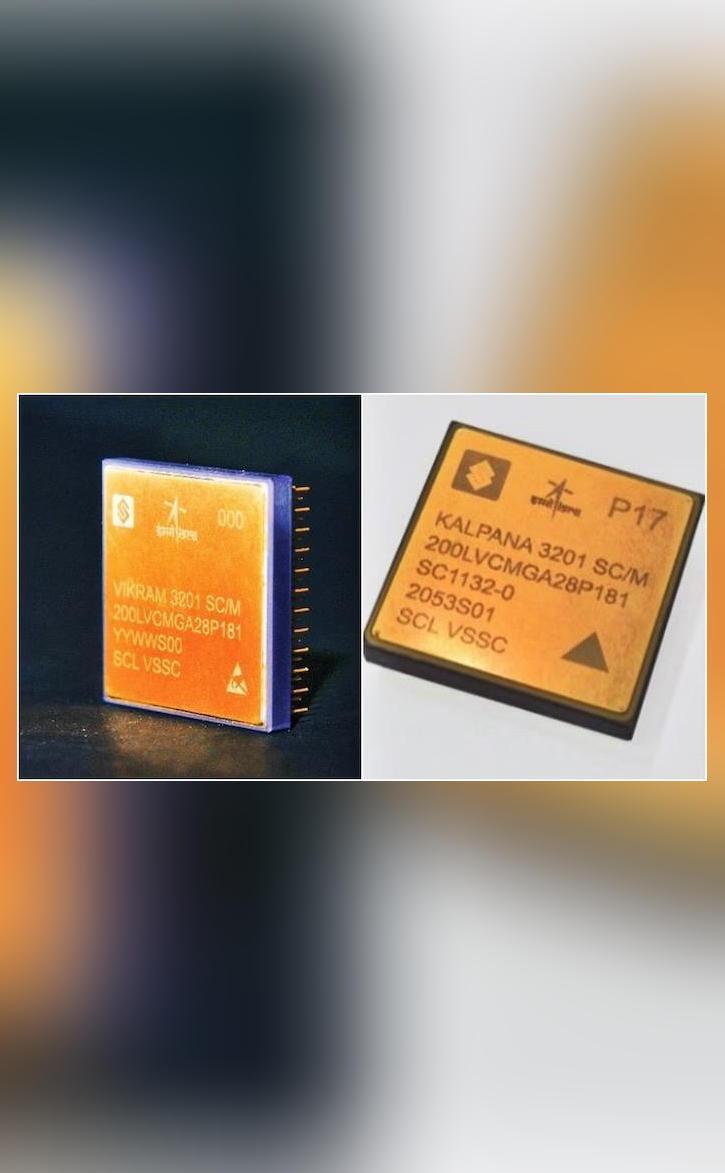
ISRO & SCL Develop 32-bit Microprocessors for Space Applications
The Indian Space Research Organisation (ISRO) and the Semiconductor Laboratory in Chandigarh have jointly developed two 32-bit microprocessors, VIKRAM3201 and KALPANA3201. These microprocessors have been designed specifically for space applications, marking a significant milestone in India’s space technology journey. The development of these microprocessors is a testament to India’s capabilities in designing and manufacturing high-performance, reliable, and radiation-hardened microprocessors for space exploration.
VIKRAM3201, the first fully “Make-in-India” 32-bit microprocessor, has been qualified for use in the harsh environmental conditions of launch vehicles. This achievement is a major step forward in India’s efforts to reduce its dependence on foreign suppliers and develop indigenous technologies for space exploration.
The VIKRAM3201 microprocessor is designed to operate in extreme temperatures, from -55°C to 125°C, making it an ideal candidate for use in launch vehicles, satellites, and other space-related applications. The microprocessor has been tested for radiation hardness, ensuring its reliability in space environments where radiation levels are high.
The KALPANA3201 microprocessor, on the other hand, is designed for use in satellites and other space-based applications. It has been optimized for low power consumption, making it an ideal choice for applications where power efficiency is crucial.
The development of these microprocessors is a result of the collaboration between ISRO and SCL, which has been ongoing for several years. The joint effort has enabled the two organizations to leverage each other’s strengths and expertise, resulting in the creation of high-quality, reliable, and space-grade microprocessors.
The VIKRAM3201 microprocessor is a significant achievement for ISRO, as it marks the development of the first fully indigenous 32-bit microprocessor. This achievement is a testament to ISRO’s capabilities in designing and manufacturing high-performance microprocessors for space applications.
The development of these microprocessors is also a significant step forward for India’s space technology industry. It demonstrates India’s ability to design and manufacture high-quality, reliable, and radiation-hardened microprocessors for space exploration. This achievement is likely to have a positive impact on India’s space technology industry, as it will enable the development of more indigenous space-based applications.
The VIKRAM3201 microprocessor has already been tested and qualified for use in launch vehicles, making it an ideal candidate for use in future space missions. The microprocessor’s radiation hardness, ability to operate in extreme temperatures, and low power consumption make it an ideal choice for use in space-based applications.
The development of these microprocessors is also expected to have a positive impact on India’s economy. The creation of indigenous microprocessors will reduce India’s dependence on foreign suppliers, resulting in cost savings and increased economic benefits. Additionally, the development of these microprocessors is likely to create new job opportunities in the space technology industry, contributing to India’s economic growth.
In conclusion, the development of VIKRAM3201 and KALPANA3201 microprocessors by ISRO and SCL is a significant achievement for India’s space technology industry. The microprocessors have been designed and developed specifically for space applications, demonstrating India’s capabilities in designing and manufacturing high-performance, reliable, and radiation-hardened microprocessors. The development of these microprocessors is expected to have a positive impact on India’s space technology industry, as well as the country’s economy.






